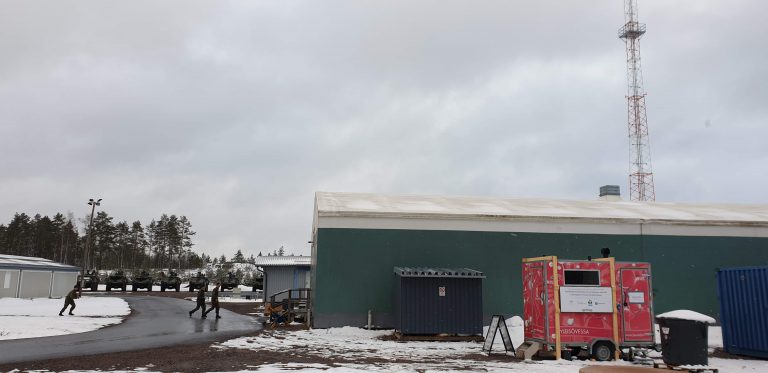This summer the BSF farm supplied 40 laying hens with 25kg of live larva per week. The experiment stretched over 14 weeks and in the end a grand total of 350kg of live larva ended up as nutritious chicken feed! The hens were split up into three experimental groups, in addition to a control group, each group following a different diet: A standard chicken feed with a substitution of 10%, 20% and ad libitum larvae was provided to evaluate the impact on the hens. They were monitored on a regular basis with weekly measurements of hen body weight, egg production, and feed consumption. The amount of larvae consumed was measured daily and egg quality and behavior data were also collected. The researchers will use the results of this study to select the diet that includes the highest substitution of protein from soy to BSF larvae while still maintaining appropriate egg production and hen welfare.






